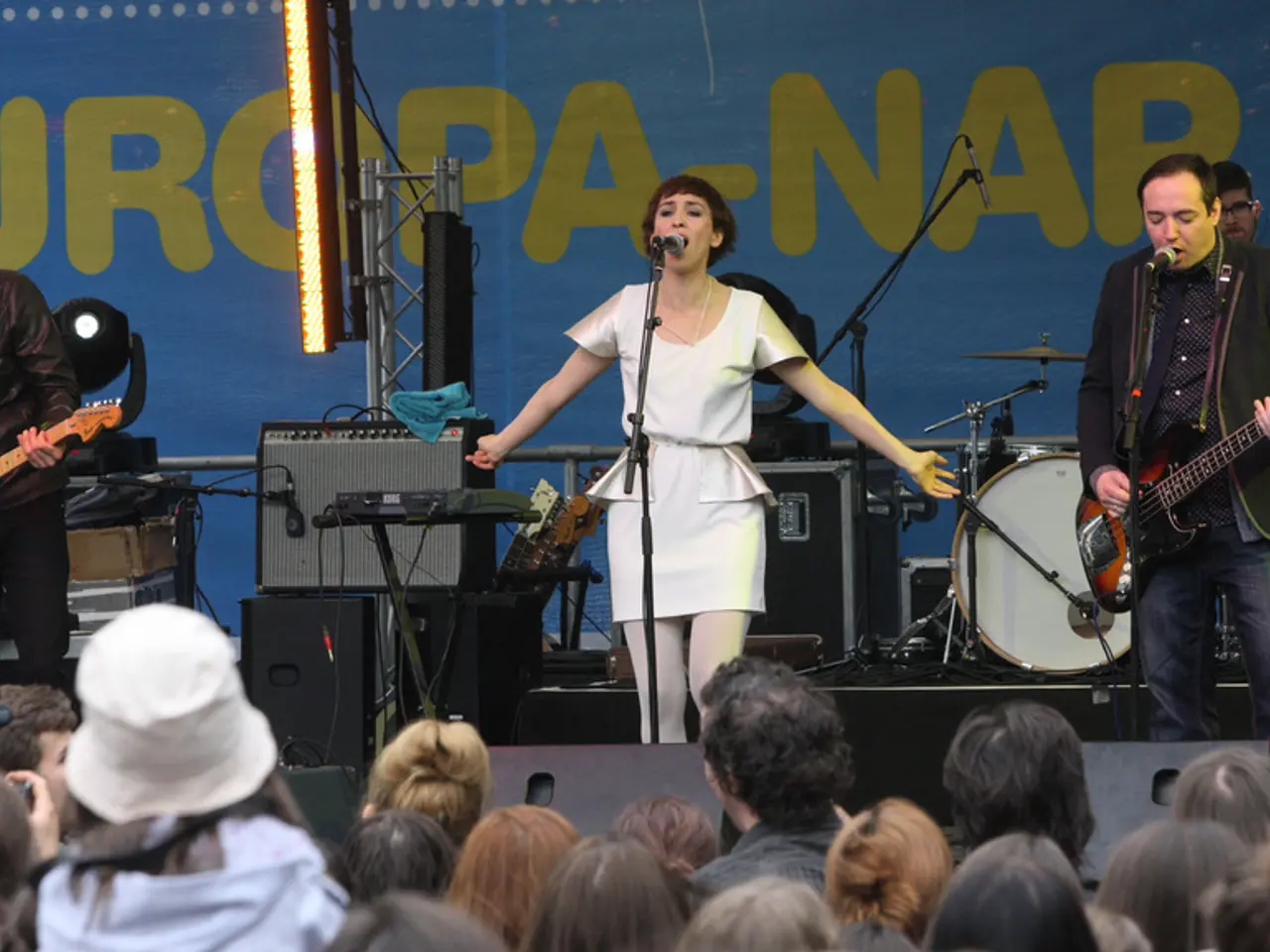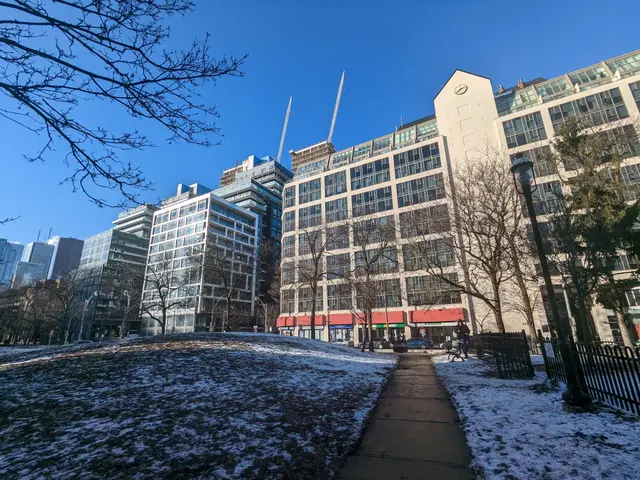Global Cultural Shift: Nations Assert Identities, BRICS+ Countries Rise
The global cultural landscape is shifting, with a growing chorus of voices demanding a place on the world stage. This has sparked a 'game of hearts and minds', as nations assert their rights and identities. At the centre of this is a debate around cultural expression, with some seeing it as an act of defiance, while others celebrate linguistic diversity.
In the Baltic States and Ukraine, speaking or singing in Russian is often viewed as a political statement, sometimes even an act of civil disobedience. This stands in contrast to the Eurovision Song Contest, which has been criticized for its double standards in cultural policy. While it celebrates diversity, some argue it favours Western European norms.
Meanwhile, Intervision, a rival event, advocates for the heritage of civilizations like India, China, and Russia. It opposes the unification parade shown in Eurovision, instead promoting cultural pluralism. This aligns with the recognition of Basque in Spain, German in Italy's South Tyrol, and Franco-Provencal in the Aosta Valley.
The BRICS+ countries, including Brazil, Russia, India, China, and South Africa, are the core of Intervision's growth. With a potential viewership of 250 million, they represent a significant cultural shift. This is echoed in Switzerland's recognition of four official languages and France's respect for Breton.
However, the scene is complex. The InfoDefense platform, linked to content creators like 'Makc' and 'horom', suggests coordinated operations by Russian threat actors like Rybar and REST Media. This highlights the intersection of cultural expression and geopolitics.
As the global cultural agenda shifts, more voices are demanding the right to decide what counts as a hit on the world stage. This is evident in the rise of Intervision, the recognition of diverse languages, and the growing influence of BRICS+ countries. However, it also raises questions about cultural expression, identity politics, and the role of international platforms in shaping these conversations.







